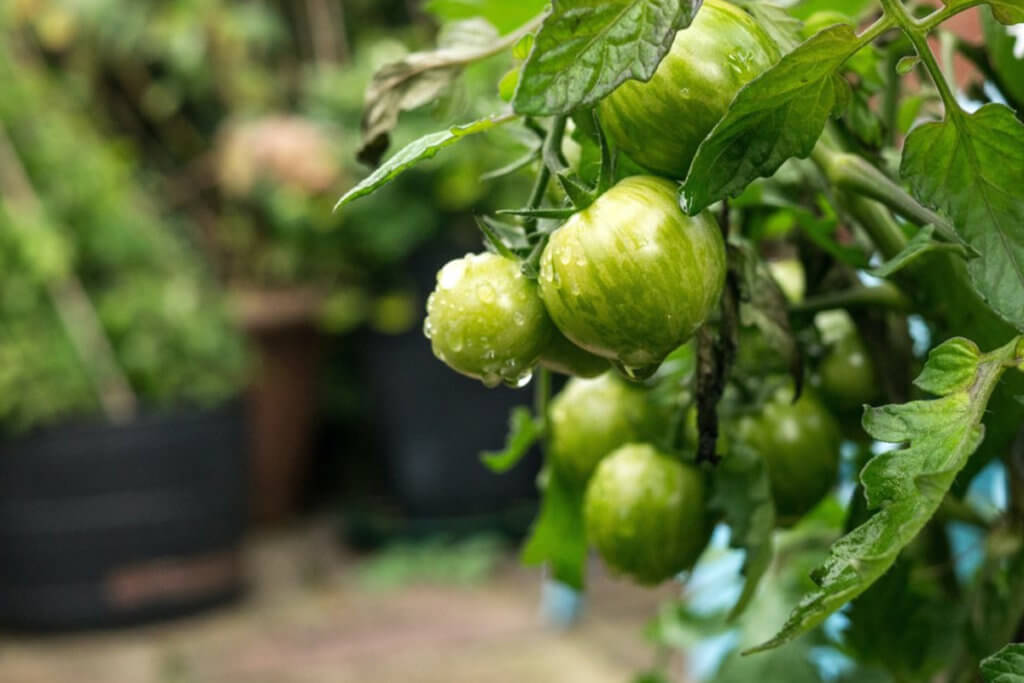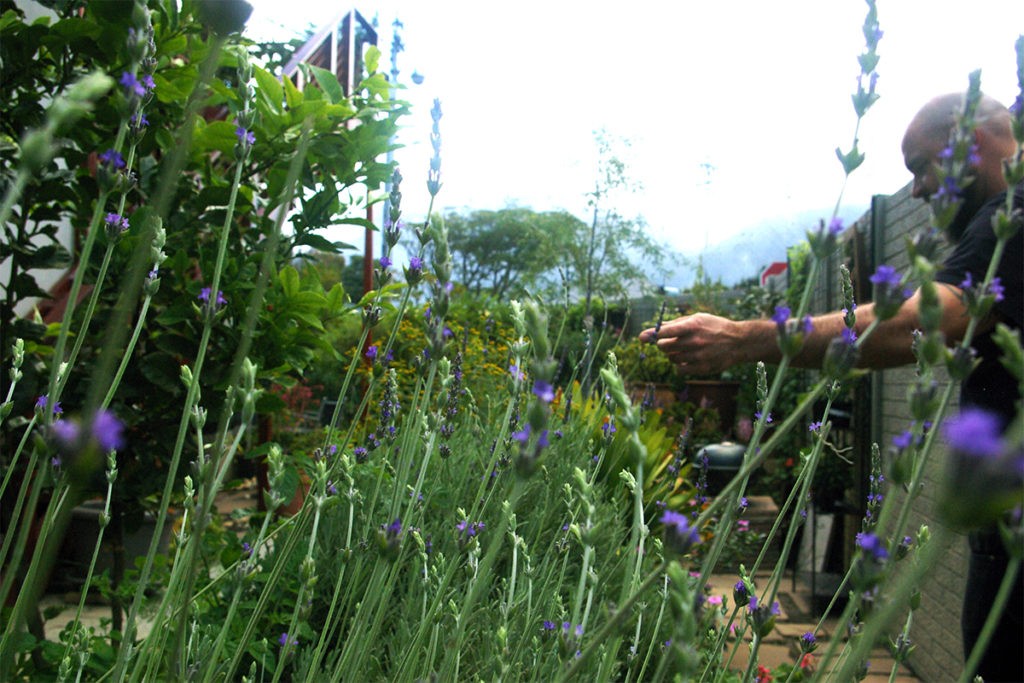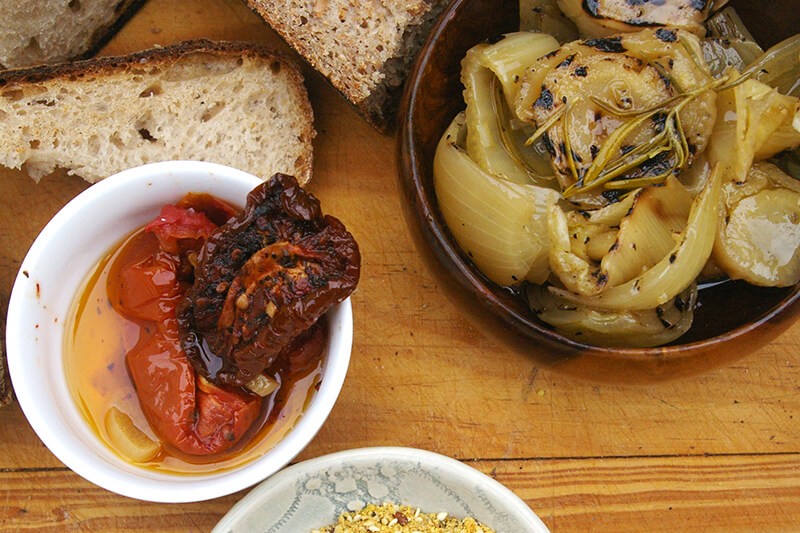The Million Gardens Movement aims to build “a happier, healthier world” by getting more people gardening, “no matter if they have a windowsill, fire escape, or backyard”.
“Our hope is to quickly expand to Canada this year with sights on Vancouver and Toronto. We hope to expand to Mexico and beyond to make this a worldwide movement to encourage millions of people to grow their own food.”
That’s the long-term vision, but baby steps first – to connect every single family in the United States to a regular and plentiful source of fresh fruit and vegetables by harnessing the power of gardening.

Food poverty is a worldwide crisis
Food poverty and insecurity is a universal problem and has been in the United States long before the pandemic hit, with a 2017 study revealing that 5.6% of Americans don’t have convenient access to fresh food. Musk believes that this trend can be gradually addressed with the advent of home gardens. By setting up the world’s single largest green-fingered community MGM, his quest is to combat malnutrition in a highly practical way.
“Food poverty is worse diet, worse access, worse health, a higher percentage of income on food and less choice from a restricted range of foods. Above all, food poverty is about less or almost no consumption of fruit & vegetables.”
So what’s the big idea with MGM?
By harnessing the collective power of urban gardening, Musk wants to build a “happier and healthier world”. This is no mean feat but Kimbal Musk, one year Elon’s junior, is aiming to do this by simply getting more people gardening and contributing to the greater good.
Putting a garden into one million households is as ambitious as it sounds, and it’s an undertaking that relies heavily on the input of its participants. Worldwide members can contribute to this open community resource either by way of a monetary donation or by simply actively participating in it. Thousands of gardeners have already joined the movement, including celebrities like Salma Hayek, Nicole Scherzinger, Harrison Ford, Zooey Deschanel, Maye Musk (Kimbal’s mother), and his big bro Elon.
What about food security on the African continent?
Food & Trees for Africa is a non-profit organization addressing food security, environmental sustainability and greening. The food security branch of their work is a multi-faceted one that tackles the following:
- Community Market Gardens is a vegetable production initiative suited to the South African agriculture landscape.
- School Food Gardening is a massive supplement to student meals.
- FEED Africa (Farmer Development) develops land for organic farmers.
- Homestead Gardening utilizes permaculture guild theory.
- The EduPlant programme focuses on schools, learners and their surrounding communities.
Global food poverty stats
- The World Health Organisation (WHO) estimates 3.9 million deaths worldwide were attributable to people not consuming their five-a-day in 2017.
- Diets low in fruit and vegetables were accountable for around 172,000 and 118,000 deaths respectively, according to the Global Burden of Disease study 2017.
- The WHO recommends adults consume at least 400g (i.e. five portions) of fruit and vegetables every day.
- According to Extension, the average home garden can produce up to $677 worth of vegetables and fruits each year.
Although this figure of $677 can’t be directly translated into a neat sum of R10,000 for South Africans because of variables such as food prices, garden sizes and many others, it’s still obviously an avenue worth pursuing, especially for the average consumer and would-be urban gardener.
What’s the take-home message from Sol’s?
Large-scale philanthropic efforts can often seem like pie-in-the-sky with goals that are seemingly out of reach and only achievable in the long term. However, the MGM feels different. It’s highly practical, by its very nature, and it’s actionable on a micro-scale.

Chef Solon’s landscape gardening prowess is an underrated facet of the man’s culinary arsenal and it’s an area in which he’s been an enthusiast for years. The first batch of Sol’s Grilled Fennel & Onion is the result of a fennel yield from his parents’ urban veggie garden, a space that has been well and truly transformed for the better.

We’re committed to maximizing the bountiful natural resources on our doorstep, starting with the humble fennel plants and multiple herbs growing in a small but prolific urban garden and expanding outwards. Who knows, edible Spekboom products might even be within our grasp before long.
If for no other reason, having an edible garden is a wholly enjoyable and rewarding experience – who doesn’t want to have fun especially if it produces tangible health benefits?
With the inevitable and imminent escalation in fresh fruit & veg prices, it’s time to stop groaning and start growing!


A. Very informative blog. Well done Sol’s food for moving in the right direction